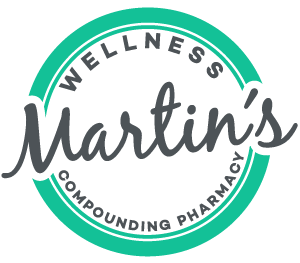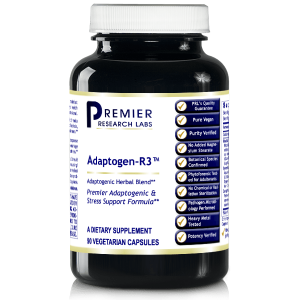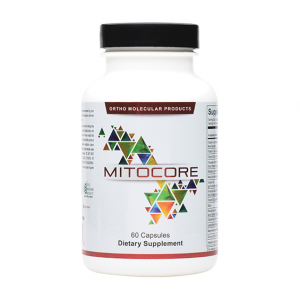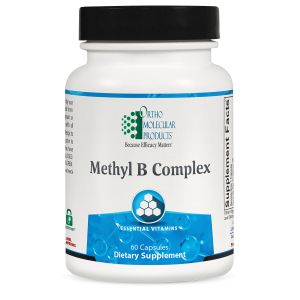Vitamins and Supplements for Anxiety
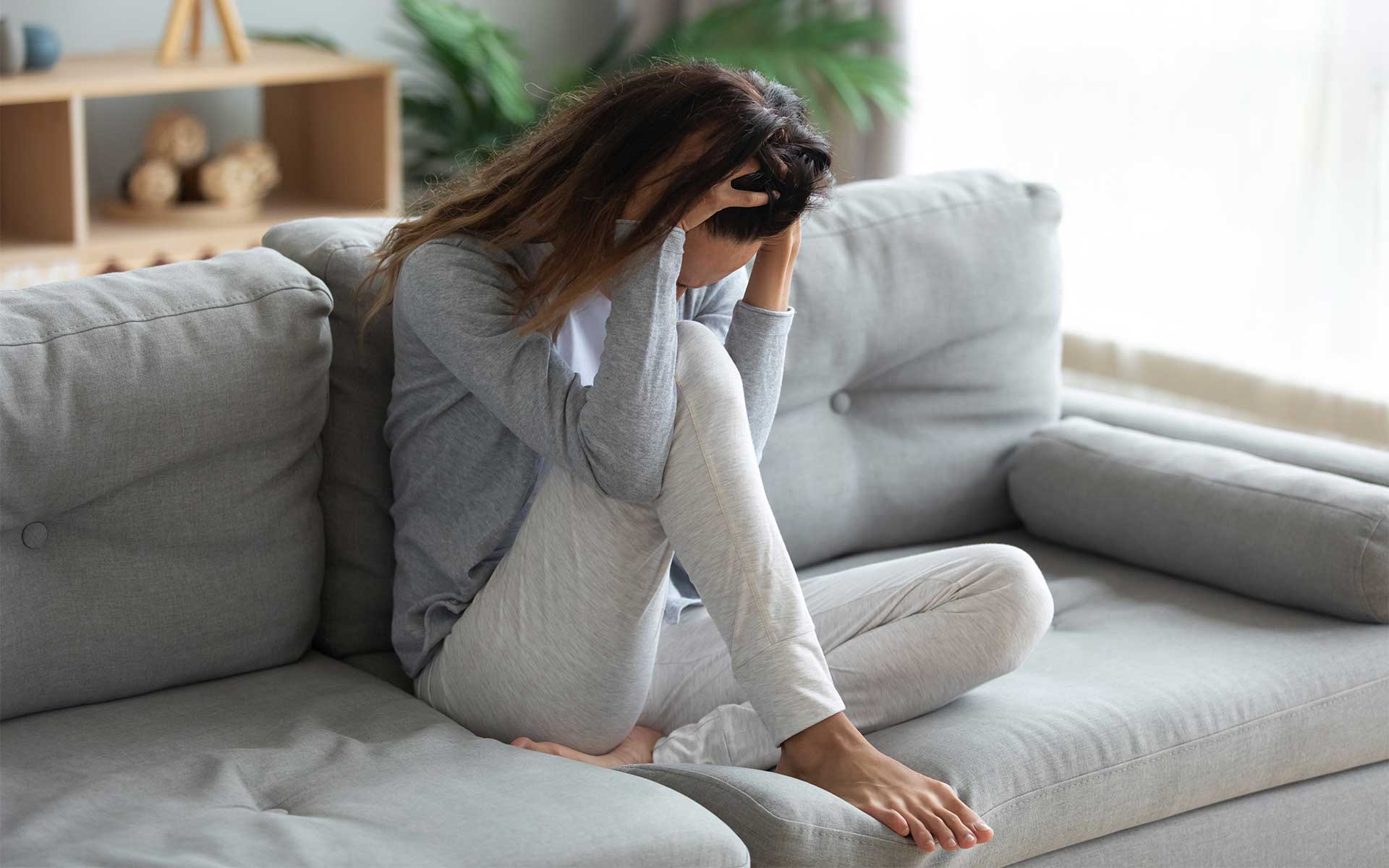
On its own, anxiety isn’t a problem, as it is a biological response to danger that boosts heartbeat and breathing while pumping oxygenated blood to your muscles as your body prepares for “fight or flight.” Therefore, for many people, occasional anxiety is normal and even helpful at times. It can push them to work harder to meet a looming deadline or achieve a financial goal. However, for some, anxiety is more than occasionally worrying and can actually interfere with quality of life.
According to the Anxiety and Depression Association of America, generalized anxiety disorder (GAD) affects around 6.8 million adults. Fortunately for those affected by GAD and other anxiety disorders, honest conversations around anxiety are growing in number as people seek support from friends and family members or symptomatic relief from health practitioners and medical professionals.
Today’s blog post takes a closer look at anxiety in general and which anxiety and stress relief supplements have been tested - and which have not. We’ll also detail which natural calming supplements can help, including the stress-fighting and mood-boosting formulas recommended most by the Martin’s Wellness team of health professionals.
What is Anxiety?


The American Psychiatric Association defines anxiety as “an emotion characterized by feelings of tension, worried thoughts, and physical changes like increased blood pressure,” and these mental and physical feelings are the body’s warning system when anticipating a future threat. Occasional feelings of anxiety are quite normal. However, when these feelings become strong enough and frequent enough to severely interfere with day-to-day activities, it’s possible you may be living with an anxiety disorder.
Anxiety disorders are the most common form of mental illness in the U.S., with approximately 40 million adults affected each year.1 The term anxiety disorder includes these three classifications: generalized anxiety disorder (GAD), panic disorder, and phobias (like agoraphobia or the fear of going outside).
Traditional treatments and therapies for occasional anxiety and anxiety disorders include cognitive behavioral therapy (a.k.a. psychotherapy) and prescription medications, like antidepressants. These therapies are well-researched and scientifically proven to be effective in treating anxiety. However, some seek to address feelings of anxiety with vitamins and supplements rather than traditional therapies. But are these natural supplements and vitamins for anxiety effective? Let’s investigate.
Can Supplements Really Help With Depression or Anxiety?
It has been estimated that close to 50% of people who receive traditional therapies for generalized anxiety disorder will not respond to treatments such as antidepressants.2 Furthermore, approximately 40% of people with moderate mental distress, like anxiety, have turned to complementary and alternative approaches, like supplements, for relief.3
Given these statistics, it’s safe to assume that there are supplements and vitamins that help with anxiety. There have been many studies on the efficacy of these supplements, including any possible side effects. However, it’s always best to work with a medical provider who has expertise in determining which supplements may be right for you, such as a health professional certified in Functional Medicine treatments. After all, anxiety symptoms can vary from person to person, so there isn’t one “best supplement” for anxiety and stress.
Best Natural Supplements for Anxiety and Stress
So, what vitamins help with anxiety? We’ve compiled a list of the 14 best anxiety supplements generally recommended to address symptoms. However, any therapies depend on the cause and severity of the anxiety, as anxiety can present differently in two people with the same diagnosis.
Again, another reason why working with a physician or functional medicine health specialist should be the first step in determining what vitamins are good for anxiety and associated symptom relief, including dosage recommendations.
Ashwagandha
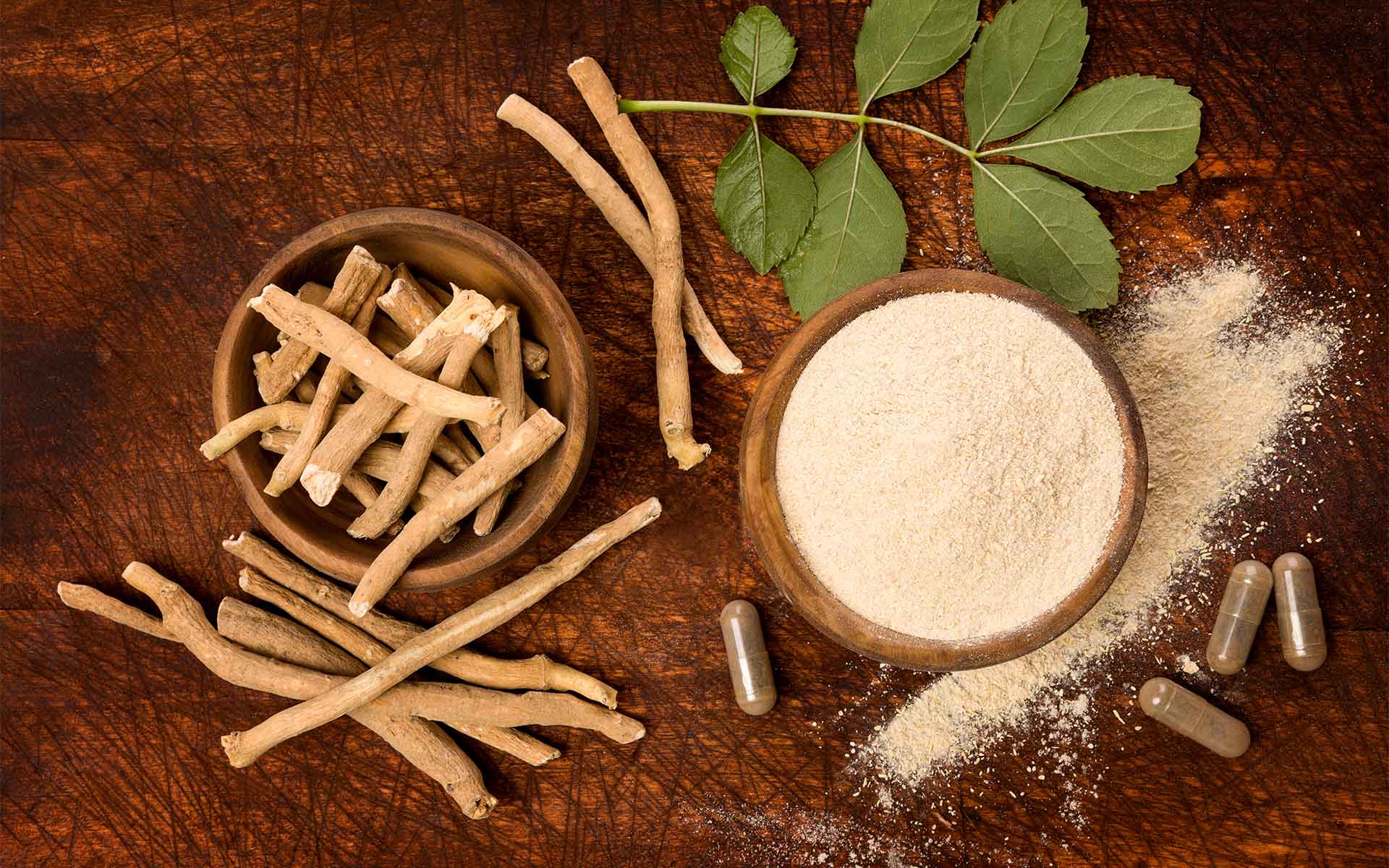

Ashwagandha is an adaptogen, which is a natural substance that helps the body adapt to stress by (primarily) decreasing cortisol (the stress hormone) levels.
L-Theanine
This amino acid is commonly found in tea leaves. One study4 found that people who consumed a beverage containing 200 mg of L-theanine had lower stress response and cortisol levels after completing a challenging task than those who received a placebo.
Magnesium
Magnesium supports the effective functioning of almost every system in the human body, including helping to regulate serotonin and improve brain function. One systematic study5 found that magnesium supplements may improve measures of anxiety in people vulnerable to the condition.
Vitamin D
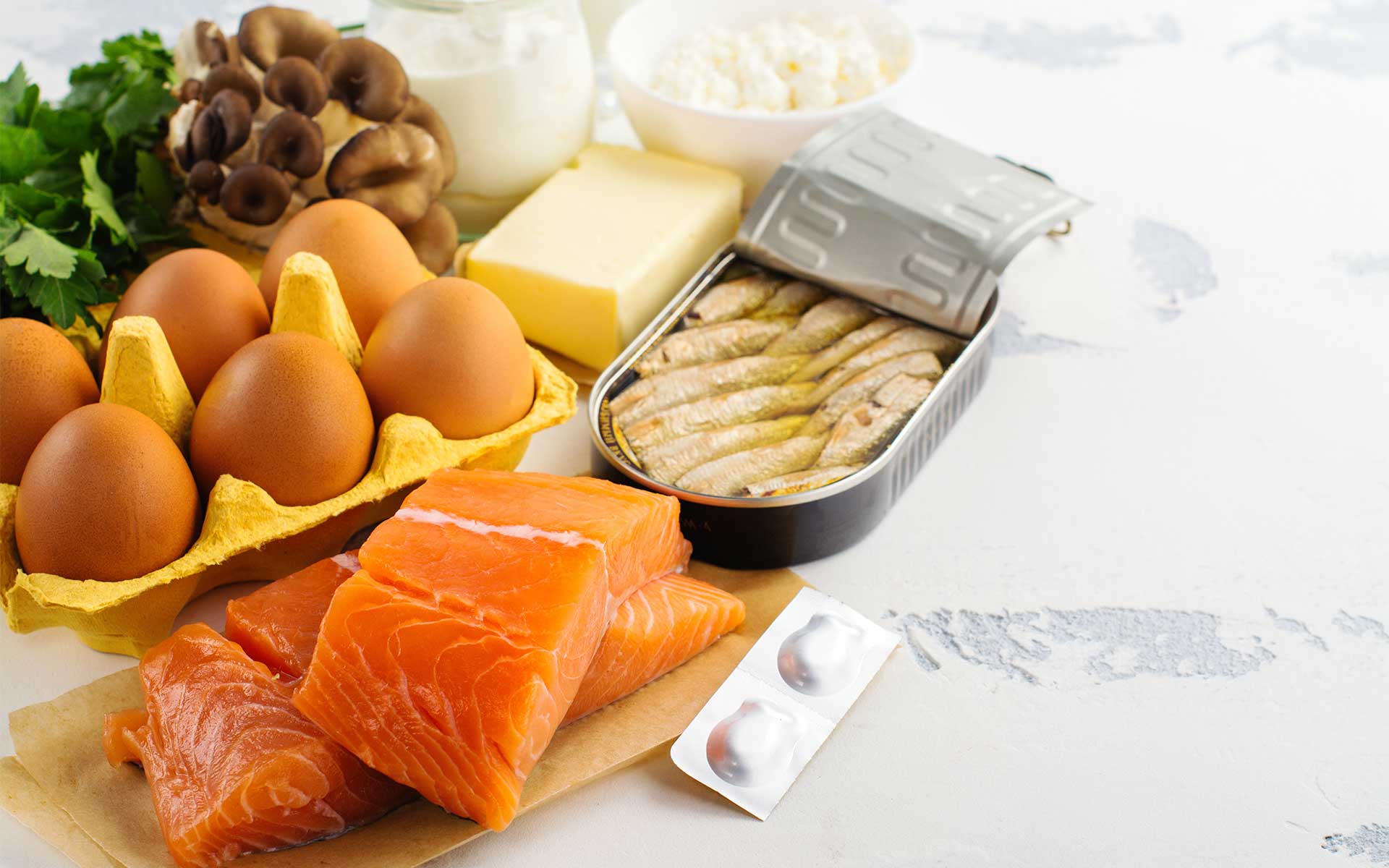

Vitamin D plays an essential role in mood regulation and nerve and brain health, and reports have shown that vitamin D deficiency can significantly hinder mental well-being.
Vitamin B Complex
Vitamin B complex includes a group of eight different nutrients that work together to manage many body processes, including stress levels. Studies6 have shown that people with lower levels of B vitamins, especially B12, are more likely to have anxiety or depression.
Multivitamin Supplements
A multivitamin supplement contains a wide range of vitamins and minerals, and the formulations differ from product to product. One study7 indicated that multivitamin supplements might benefit people who have mood disorders, such as anxiety.
Omega-3 Fatty Acids
These compounds are best known for their cardiovascular health benefits. However, studies have shown they can also improve brain function and mood, including a meta-analysis8 that concluded taking an omega-3 supplement, such as fish oil, could be helpful for people with anxiety.
Valerian Root
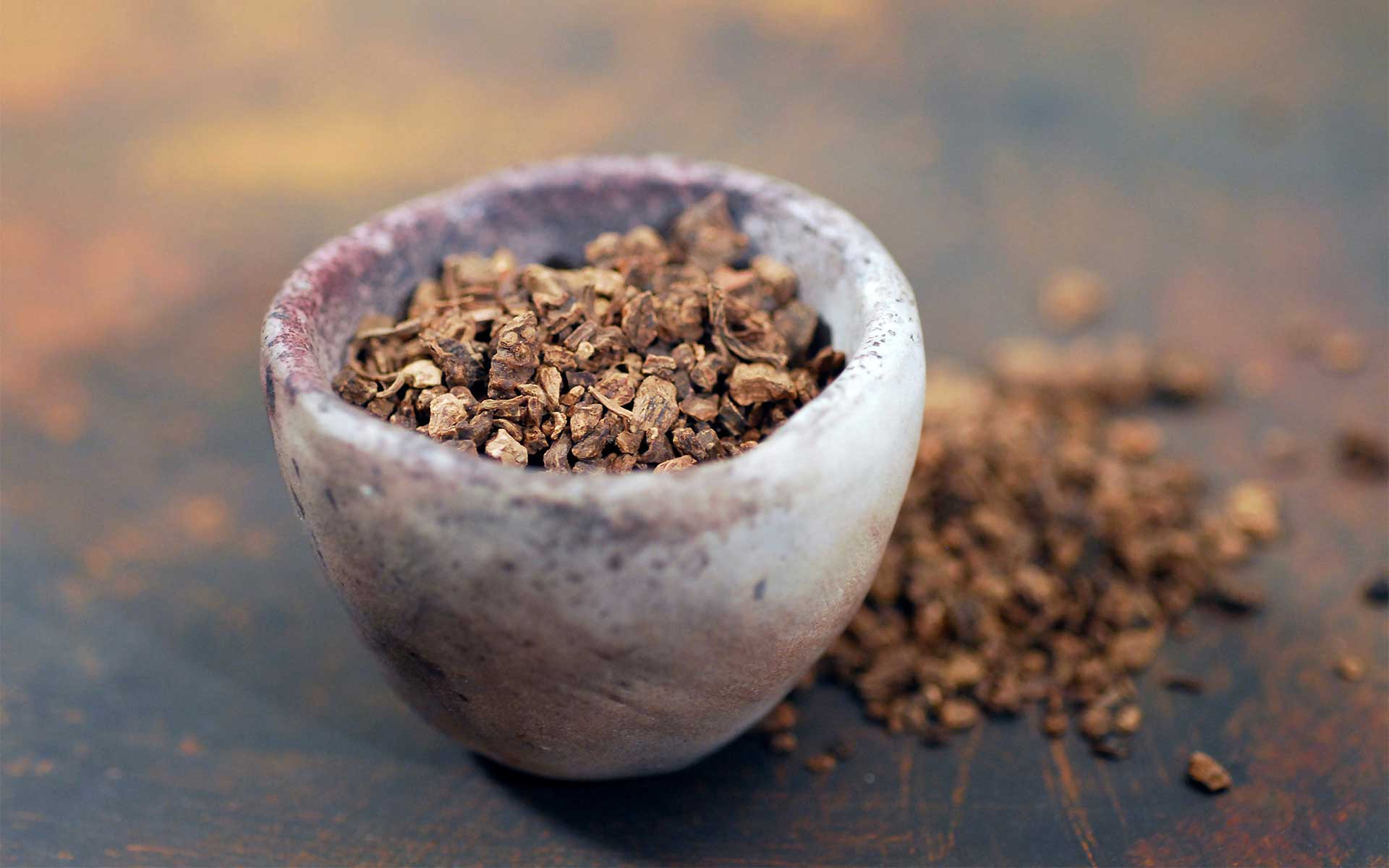

This plant has been used as medicine for thousands of years, and the NCCIH9 has stated that valerian is safe for otherwise healthy adults to use for short periods and that people use it for anxiety. However, the safety of long-term use of valerian is still unknown, and it may react adversely with sedatives and anxiety medications, such as benzodiazepines.
Chamomile
Most commonly consumed as a tea, chamomile aids in relaxation due to an antioxidant known as apigenin, which binds with specific receptors in the brain to decrease anxiety.
Lavender
The scent of lavender has long been associated with relaxation, and one study10 found that people who used lavender aromatherapy before surgery had lower anxiety than those who did not.
Lemon Balm
The leaves on this herb have a lemon-like aroma, and studies<sup>11,12</sup> have linked its consumption with lower anxiety in heart bypass patients and burn victims.
Kava


Kava ingestion causes dopamine levels to rise while working with other receptors to reduce anxiety symptoms. However, insufficient substantial research is available to establish any medical advantages.
Passionflower
Used by native Americans as a sedative, passionflower might help to reduce nonspecific anxiety and anxiety before a surgical or dental procedure, but conclusions are not definite.13
Melatonin
Melatonin is a naturally occurring hormone that tells our bodies when it’s time to sleep and wake up, and it is a very popular sleep aid. Therefore, it can benefit those experiencing anxiety around lack of sleep.
Martin’s Wellness Recommended Vitamins & Supplements for Anxiety
Although these natural anxiety supplements have demonstrated efficacy in helping or reducing symptoms associated with anxiety or depression, there is not a one-size-fits-all approach to anxiety supplements. We recommend working with a medical professional or functional medicine specialist to determine which natural calming supplements can benefit each individual's health needs.
Approaches to functional medicine treatment hinge on pharmaceutical-grade supplements that are available without a prescription, and Martin’s Wellness has an extensive line of these over-the-counter products. Following are our top recommended vitamins and supplements for anxiety, mood, and stress relief, which can be purchased online or in-store.
We invite you to schedule a consultation with one of our pharmacists and functional medicine practitioners to discuss symptoms of anxiety or stress and how supplementation may help to manage them.
